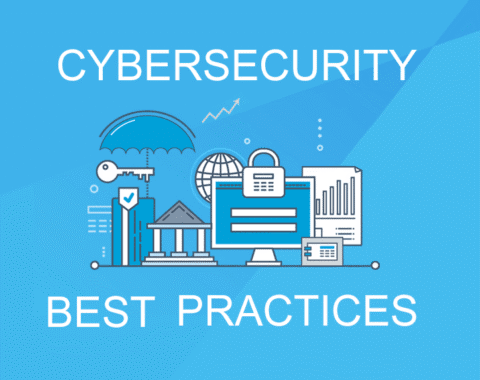We highlight these real examples of tactics criminals are using RIGHT NOW, that way you’ll be better prepared when the next scam hits.

Diego is trying to upgrade his laptop which meant getting rid of his old laptop. Diego bought this laptop himself a few years ago and used it for work-from-home activities during the pandemic. He put an ad in a social media public marketplace with the advertisement, “Selling my faithful work laptop, still works! I’ll clear all the company data when sold.” Diego’s ad got a lot of hits and he soon had a buyer at his door.
Before the buyer paid, she asked Diego if the device still had his work information on it. Diego said yes, but he would clean it off. Diego received the cash and said to the seller he would just need a few minutes to wipe the hard drive. The buyer said she was in a bit of a rush and would take care of that herself. The buyer did not wipe the drive and resold the laptop. The data ended up on the Dark Web.
Did you spot the red flags?
-
-
- Diego didn’t check with his supervisor before selling this device he used for work.
- Diego advertised the computer was used for work, and had company data, attracting a shady buyer.
- The buyer insisted they would clear the data for Diego.
-
Things to remember:
- Disposing of devices properly is very important. These devices we use on a daily basis can store massive quantities of sensitive information. If the data is not properly wiped from a device, it could be easily accessible to the next person who obtains it. Even your personal devices will store YOUR sensitive information that you wouldn’t want others to have.
- A device’s hard drive is generally where information is stored. When the time comes for disposal, this information could be deleted, overwritten, or the hard drive itself could be destroyed. We recommend the physical shredding of the hard drive. Electronic devices that should be considered for proper disposal include computers, smartphones, tablets, USB drives, and other backup media.
- Always check with your supervisor before disposing of a piece of equipment used for work purposes. Yes, it may be a device you purchased, but if there is a chance sensitive work data is residing on the device, management and IT should have a chance to remove that information securely.



